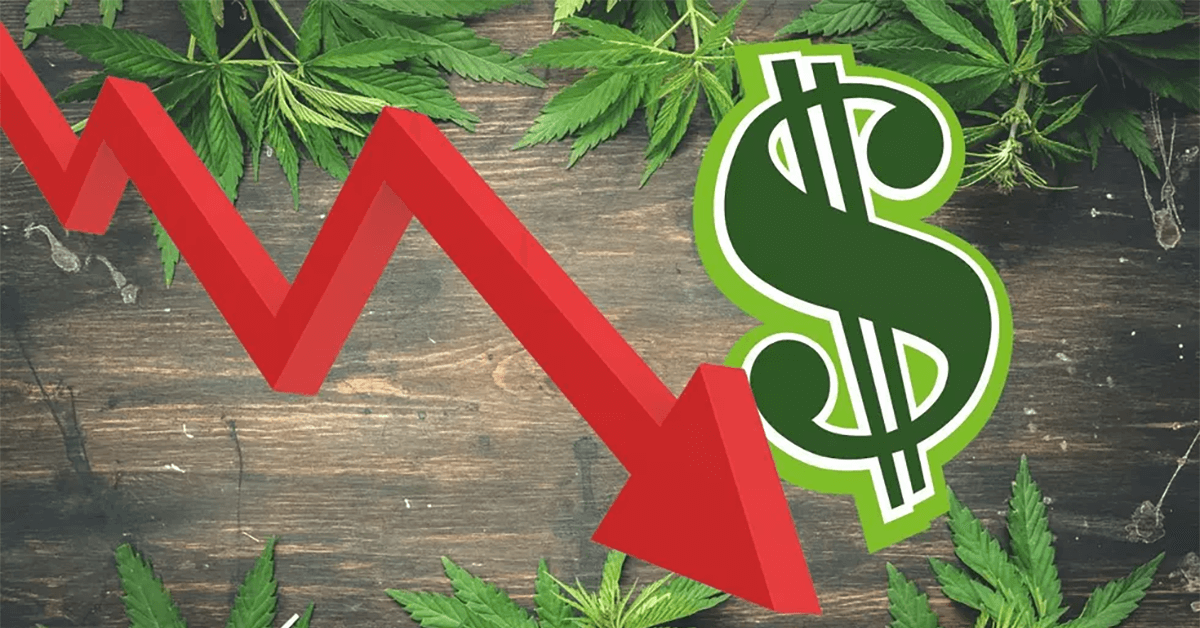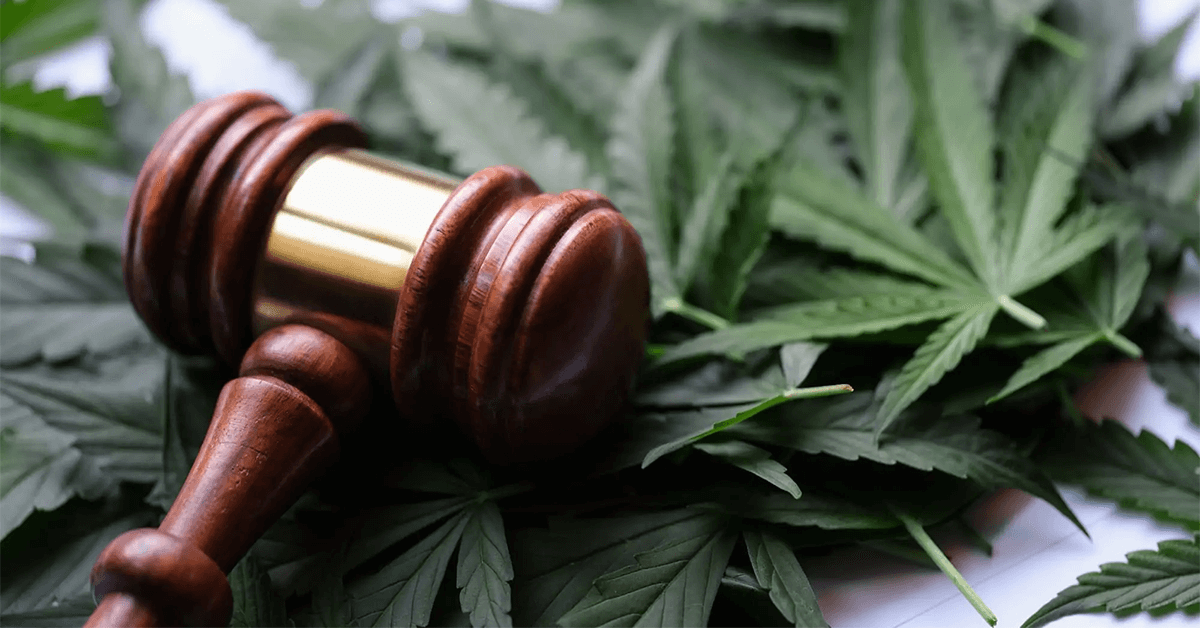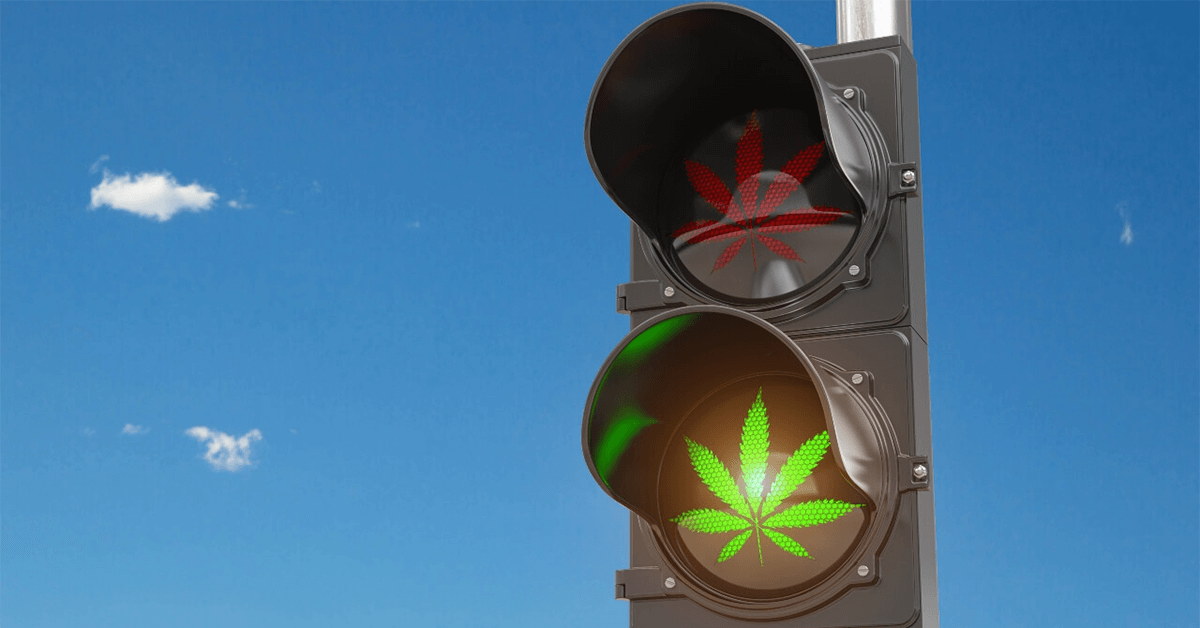Cannabis Industry Defies Inflation with Falling Prices in Michigan

Inflation has been a significant concern across the U.S., as the cost of basic necessities has surged over the past few years. While some of these increases have stabilized, many essential items remain much more expensive than they were just a few years ago.
In the past year alone, prices have risen by an average of 3.4%, following a 3.8% increase the previous year. However, one industry in Michigan has not only avoided these inflationary pressures but has also seen a significant price reduction: the cannabis industry.
The Impact of Inflation on Daily Necessities
Grocery shopping has become a strain on many household budgets. A week's worth of groceries, which once cost around $50, now easily surpasses $80 or $90. Shoppers are turning to off-brand products and even abandoning organic options in an effort to save money. Despite these efforts, the higher cost of living is a reality that many Michiganders are grappling with daily.
Yet, amidst these challenges, Michigan's cannabis consumers have found some relief. While nearly everything else has become more expensive post-pandemic, cannabis prices in the state have significantly decreased.
Cannabis Prices Plummet in Michigan
Unlike other industries, which have been hit hard by inflation, Michigan's cannabis market has seen prices drop. In 2020, the average cost of an ounce of cannabis in the state was $419.39, placing Michigan among the most expensive states for cannabis, behind only Illinois and Maine.
However, competition within Michigan's cannabis industry has driven prices down rapidly. Today, the average price for an ounce of cannabis in Michigan is just $91.71, making it one of the most affordable states in the country for cannabis consumers.
Why Michigan's Cannabis Prices Have Fallen
The unique dynamics of the cannabis industry in Michigan have contributed to this price drop. Cannabis in the state is not subject to federal taxation and is not traded on national stock markets, meaning prices are driven primarily by local supply and demand.
Michigan's robust competition among dispensaries and cultivators has been a key factor in keeping prices low. Additionally, unlike states such as Illinois, Michigan does not impose exorbitant taxes on cannabis, which further contributes to the affordability of the product.
A Silver Lining for Cannabis Consumers
As Michiganders navigate the challenges of rising costs in nearly every sector, the state's cannabis industry offers a rare example of prices moving in the opposite direction. For those who use cannabis, this industry not only provides some financial relief but also underscores the benefits of strong local competition and thoughtful regulation.
While the side effect of cannabis might be an increased appetite, leading to higher grocery bills, at least the cannabis itself is more affordable than ever.
Share this article:
Spotted a typo, grammatical error, or a factual inaccuracy? Let us know - we're committed to correcting errors swiftly and accurately!








 Helpful Links
Helpful Links